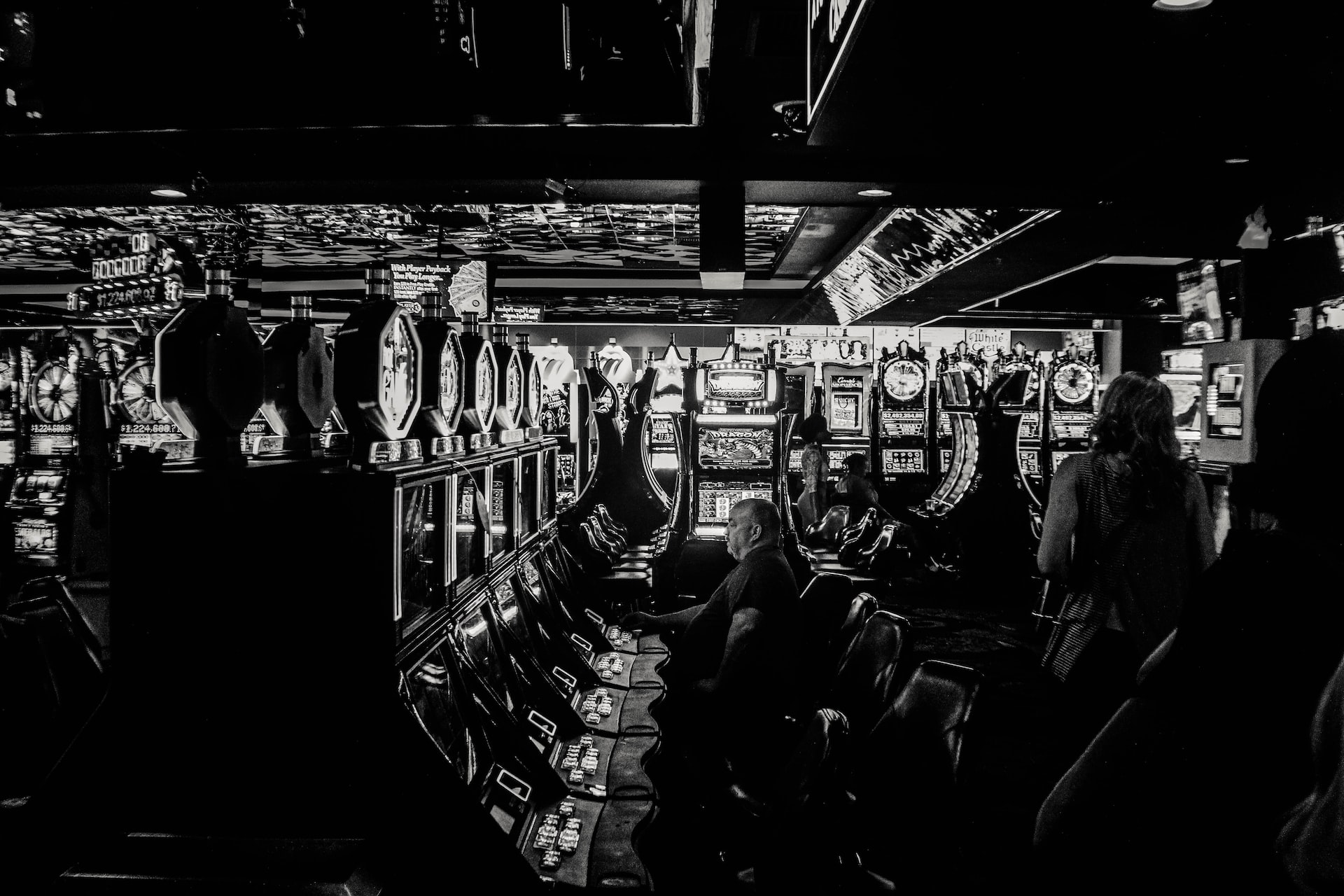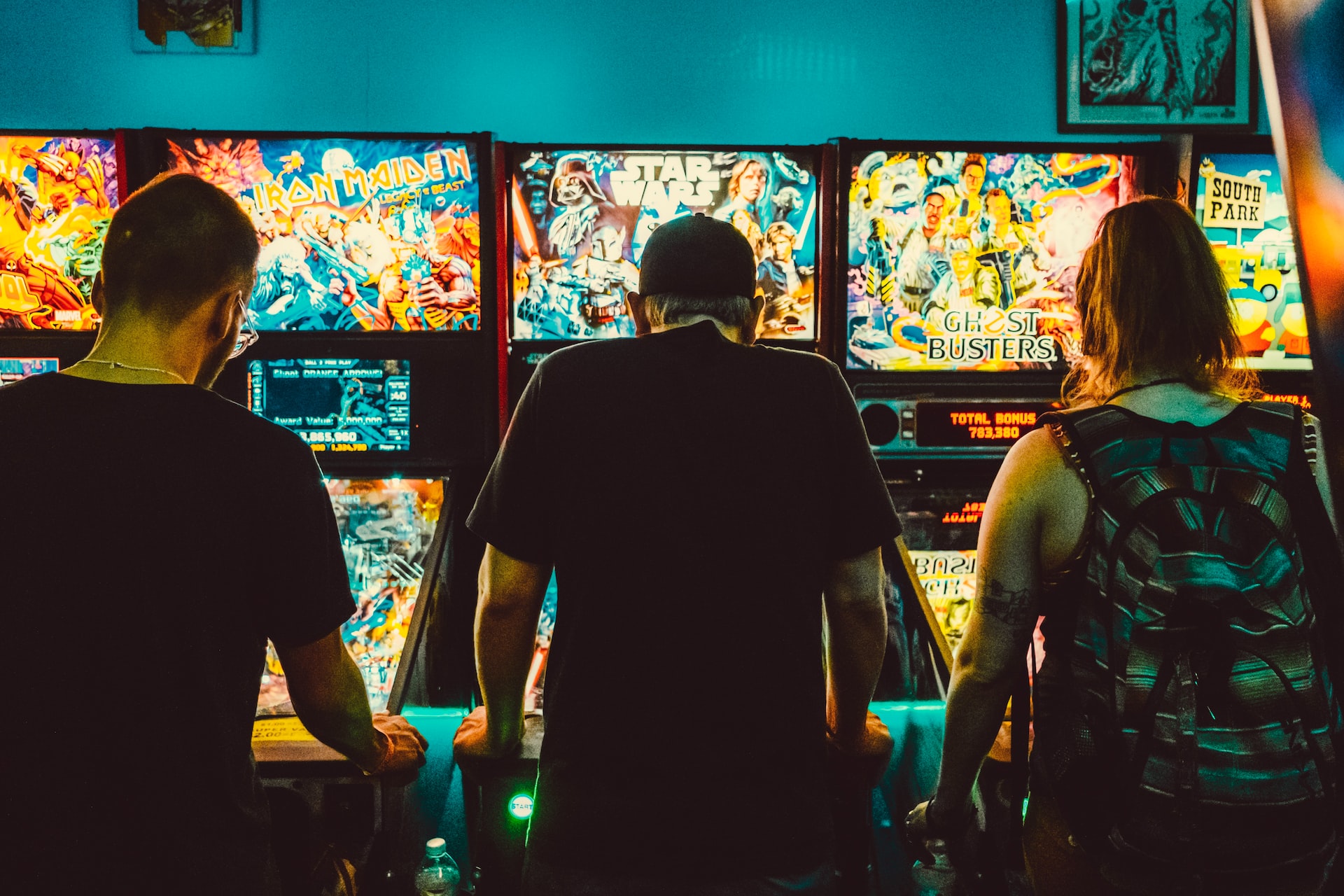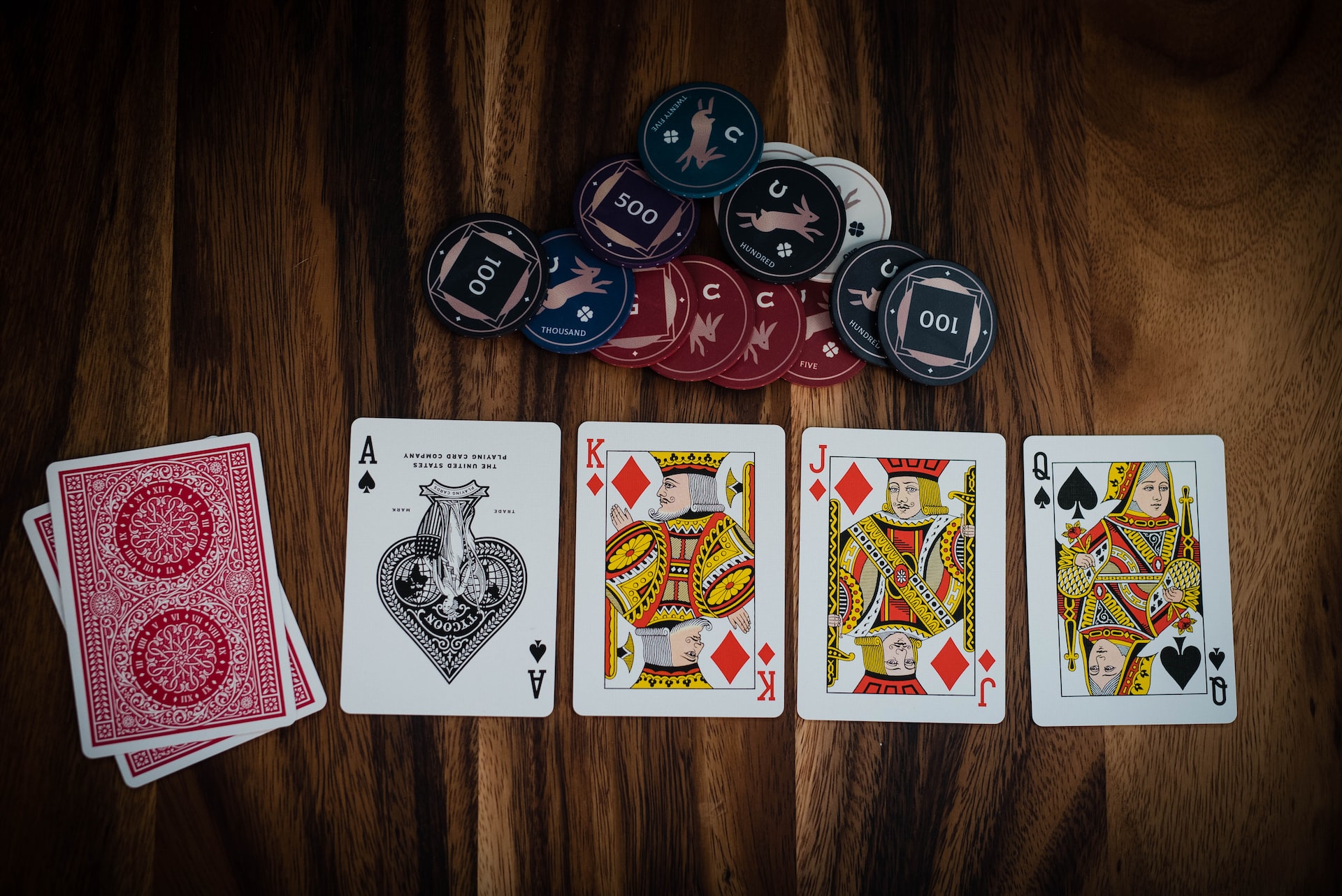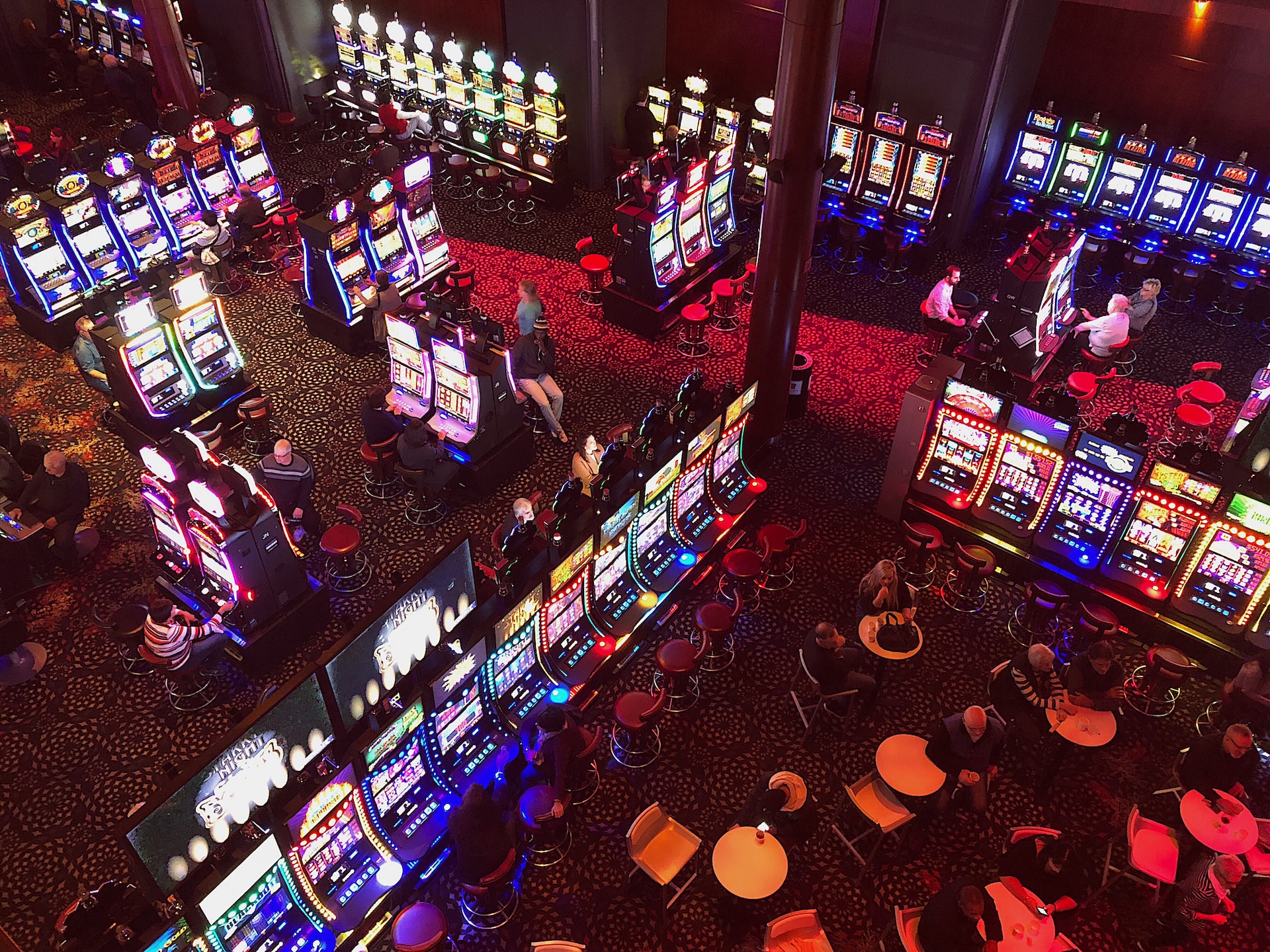The History And Culture Of Gambling In North America
Looking at the history and culture of gambling in North America, from traditional Native American practices to modern-day casinos, gambling has been woven into the fabric of North American society.
Author:Frazer PughReviewer:Dexter CookeMar 05, 202342.8K Shares779.8K Views

Looking at the history and culture of gambling in North America, from traditional Native American practices to modern-day casinos, gambling has been woven into the fabric of North American society.
Gambling is the act of wagering money or something of value on an uncertain outcome with the hope of winning more money or material goods.
While gambling may seem like a modern-day phenomenon, it has been a part of human history for thousands of years.
In North America, gambling has been practiced by Native American tribes for centuries, and its popularity has only increased since the arrival of European colonizers.
Native American Gambling
Native American gambling is an important part of the history and culture of gambling in North America. The Native American tribes have a long tradition of gambling, and their traditional games of chance and skill have been played for centuries as part of religious ceremonies and other important events. These games were seen as a way of connecting with the spiritual world and were considered an important part of Native American culture.
However, the arrival of European colonizers had a profound impact on Native American gambling practices. As Europeans began to settle in North America, they brought with them new forms of gambling, such as card games and horse racing. These new forms of gambling soon began to overshadow traditional Native American games, and many tribes were forced to abandon their traditional gambling practices.
Despite the decline of traditional Native American gambling practices, some tribes have managed to preserve their traditions and incorporate them into modern-day casinos. Many Native American casinos offer traditional games such as stick games, hand games, and dice games, alongside modern-day casino games such as slot machines and poker. These casinos have become important economic drivers for many Native American communities and have helped to preserve and celebrate Native American culture.
However, Native American gambling has not been without controversy. Some critics have accused casinos of exploiting Native American communities and promoting gambling addiction. Others have questioned the legality of Native American casinos and the special rights and privileges that they are granted under federal law.
Colonial Era Gambling
The colonial era in North America was a time of great change and upheaval, as Europeans began to settle the continent and establish their own societies. One of the many cultural practices that arrived with the colonizers was gambling.
Gambling was popular among the European colonizers and quickly became a common pastime in North America. The colonizers brought with them a variety of gambling games, such as dice games, card games, and lotteries, and these games soon became popular among the colonists.
Gambling was seen as a way to socialize and connect with others, and it was also viewed as a way to make money quickly. However, gambling was not without its risks, and many colonists became addicted to gambling or lost large sums of money. In some cases, gambling also led to corruption and crime, as dishonest players rigged games and cheated their opponents.
Despite these risks, gambling continued to be a popular pastime throughout the colonial era. Lotteries were used as a means of funding public projects, such as schools and hospitals, and many early American universities were funded through lottery proceeds. However, as the colonies became more prosperous and society became more regulated, gambling began to come under greater scrutiny.
By the mid-19th century, many forms of gambling had been banned or restricted in North America, as reformers sought to curb the negative effects of gambling on society. However, gambling persisted in various forms, such as horse racing and cockfighting, and would eventually give rise to the modern casino industry in the United States.
Gambling In The 19th And Early 20th Centuries
In the 19th and early 20th centuries, gambling in North America underwent a significant transformation. The California Gold Rush brought thousands of people to the West, many of whom were looking for ways to strike it rich. Saloons and casinos soon sprang up in mining towns, offering a place for prospectors to gamble away their fortunes.
Organized crime also played a significant role in the development of gambling in North America during this time. Criminal organizations such as the Mafia saw gambling as a lucrative business and began to invest heavily in casinos and other gambling establishments.
Modern Day Gambling
Today, gambling is a multi-billion dollar industry in North America, with casinos, lotteries, and sports betting being some of the most popular forms of gambling. Las Vegas and Atlantic City are two of the most famous gambling destinations in the world, attracting millions of visitors each year. In recent years, many states have also legalized gambling, and online gambling has become increasingly popular.
The rise of technology has also had a significant impact on gambling in North America. Online casinos and sports betting platforms have made it easier than ever for people to gamble from the comfort of their own homes, and mobile apps allow people to bet on sports and play casino games on the go.
The Culture Of Gambling In North America
Gambling has become a part of North American popular culture, appearing in movies, television shows, and music. Sports betting is also a major part of the culture, with many people placing bets on their favorite teams and athletes.
However, gambling addiction is a serious problem in North America, and many people struggle with the negative effects of gambling. The psychology of gambling addiction is complex, and many people find it difficult to break the cycle of addiction.
People Also Ask
How Did Gambling Arrive In North America?
Gambling arrived in North America with European colonizers, who brought with them a variety of gambling games such as dice games, card games, and lotteries.
What Are Some Traditional Native American Gambling Games?
Traditional Native American gambling games include stick games, hand games, and dice games. These games were often played as part of religious ceremonies and were seen as a way of connecting with the spiritual world.
What Negative Effects Is Gambling Associated With?
Gambling is associated with a range of negative effects, including addiction, corruption, and crime.
Conclusion
The history and culture of gambling in North America are complex and multi-faceted. While gambling has been a popular pastime for centuries, it has also been associated with negative effects, including addiction, corruption, and crime. As North American society continues to evolve, the future of gambling is uncertain. However, it is clear that gambling will continue to play a significant role in North American culture.
It is important to note that gambling can be a fun and harmless form of entertainment when done in moderation. However, for those who struggle with addiction, gambling can have serious consequences. It is important for individuals to be aware of their own gambling habits and to seek help if they feel that they are developing an addiction.

Frazer Pugh
Author
Frazer Pugh is a distinguished expert in finance and business, boasting over 6 years of experience. Holding an MBA in Finance from Stanford University, Frazer's credentials underscore his authority and expertise in the field.
With a successful track record in executive roles and as a published author of influential articles on financial strategy, his insights are both deep and practical.
Beyond his professional life, Frazer is an avid traveler and culinary enthusiast, drawing inspiration from diverse cultures and cuisines.
His commitment in delivering trustworthy analysis and actionable advice reflects his dedication to shaping the world of finance and business, making a significant impact through his work.

Dexter Cooke
Reviewer
Dexter Cooke is an economist, marketing strategist, and orthopedic surgeon with over 20 years of experience crafting compelling narratives that resonate worldwide.
He holds a Journalism degree from Columbia University, an Economics background from Yale University, and a medical degree with a postdoctoral fellowship in orthopedic medicine from the Medical University of South Carolina.
Dexter’s insights into media, economics, and marketing shine through his prolific contributions to respected publications and advisory roles for influential organizations.
As an orthopedic surgeon specializing in minimally invasive knee replacement surgery and laparoscopic procedures, Dexter prioritizes patient care above all.
Outside his professional pursuits, Dexter enjoys collecting vintage watches, studying ancient civilizations, learning about astronomy, and participating in charity runs.
Latest Articles
Popular Articles


